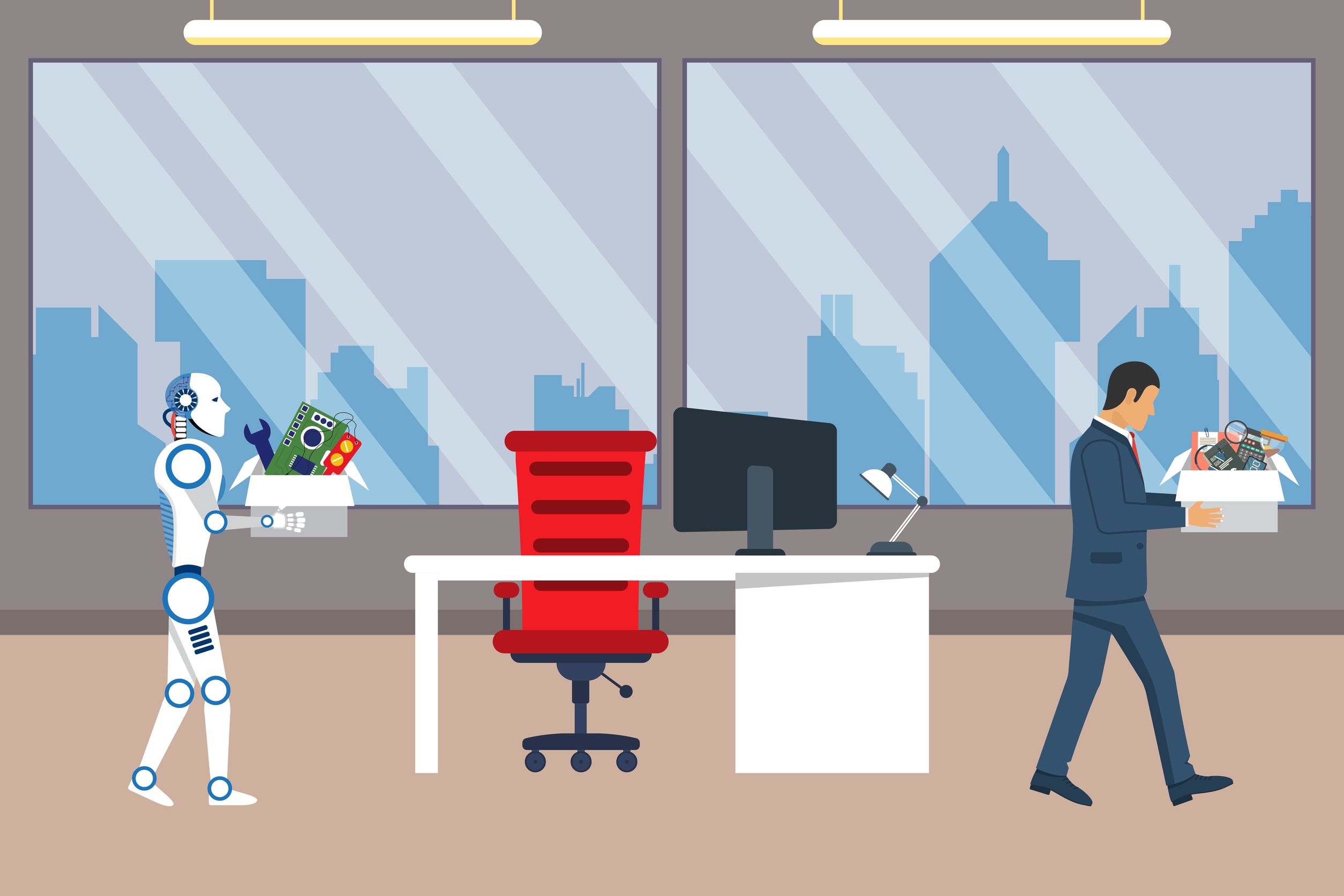Two Cents: Why Artificial Intelligence can’t replace us
- Daniel Teo
- Topics: Features, Home Page - Features, HR Technology, Two Cents

I would be lying to you if the thought of losing my job to Artificial Intelligence (AI) didn’t cross my mind. And with AI slowly but surely becoming a common sight among us – from businesses to even our homes – it’s hard for it not to.
In fact, there are many jobs (ones that involve manual and repetitive processes) that have already been affected and even replaced by AI and automation. So the threat is real.
But as I write this Two Cents piece, I thought to myself – surely an AI or robot can’t do this. Well, they might be able to churn out a 1,000 or even 1,000,000 words report. But there is one thing that an AI lacks and will always do – creativity. And that is something only a human like you and me are capable of.
There is, however, one thing that puts us at a disadvantage against AI – we make mistakes. That is what make us humans. And that is where AI’s role come into play. Not to replace us, but to help eradicate human error and assist us in doing our job better, faster and at a lower cost by automating routine processes.
One of the advantages AI has is the ability to use machine learning technology to gather data which can be used to predict customer preferences and offer them better and personalised experience.
The hiring process will also be sped up and match jobs more accurately with the data gathered by AI. It will also help make life easier and more efficient as routine tasks such as scheduling of appointments and even transcribing of minutes can be done by an AI assistant. This will free us up to do more strategic work.
So the role of AI is really to replace tasks, not jobs.
In fact according to a study by McKinsey, automation will eliminate very few occupations entirely in the next decade. However it will affect portions of almost all jobs to a greater or lesser degree, depending on the type of work they entail.
So let’s face it. There’s no escaping from the inevitable invasion (or should I say collaboration) of AI as the world looks to work smarter and better. And most, if not all of our jobs will be affected by AI in one way or another. More so for jobs that are manual and repetitive in nature, and do not require a whole deal of human creativity and touch such as administration, concierges, banking services, manufacturing, factory work and cashiers.
But will it completely replace all our jobs and put us on permanent gardening leave? The answer is no. Not if your job requires any aspect of creativity and human touch which AI cannot duplicate.
For example, a teacher cannot be replaced by a robot as it does not have the ability to nurture and educate a child like a caring and passionate teacher can. Would you want your child to be taught by a lifeless and emotionless robot teacher?
How about designers, doctors, nurses and counsellors? Can AI and robots design, care for us or understand our problems? And this is just a few of the countless of jobs that are simply not replaceable by a robot.
Lee Kai Fu, dubbed the face of AI in China and a former vice president at Apple, Microsoft and Google, said on CBS’s ’60 Minutes’, “I believe in the sanctity of our soul. I believe there is a lot of things about us that we don’t understand.”
“I believe there’s a lot of love and compassion that is not explainable in terms of neural networks and computation algorithms.”
In fact, the rise of AI will make us realize even more how important the human touch is in the world we live and work in, thus creating more jobs. More importantly, it challenges us to make use of AI and technology to work smarter and more creatively.
At the end of the day, the real human intelligence will prevail. Not the artificial one.
According to a report from the World Economic Forum (WEF), while 75 million jobs are expected to be displaced by 2022, machines and algorithms in the workplace are expected to create 133 million new roles.
So no, AI is not here to replace our jobs. It’s here to help us do better at what we do.






